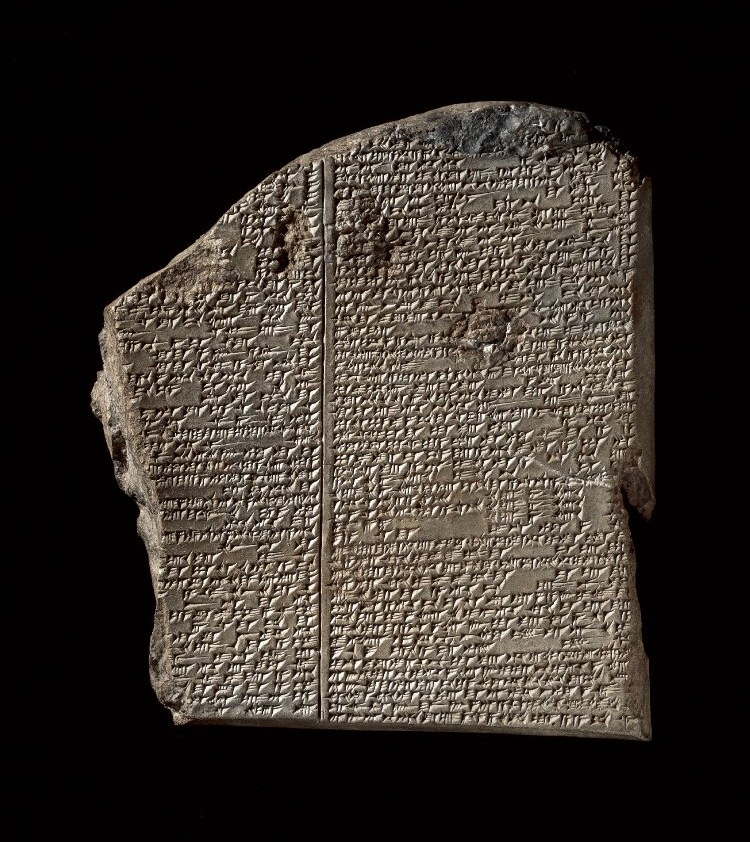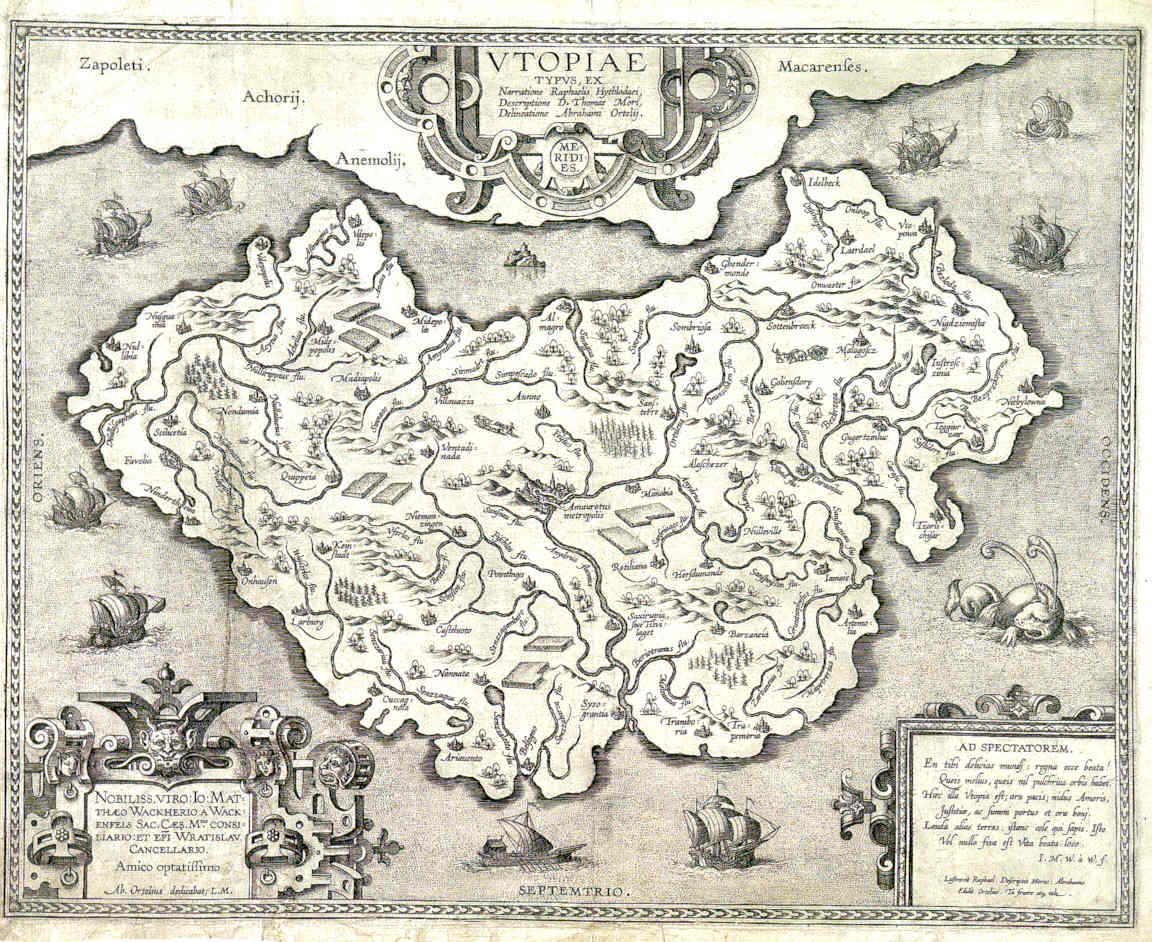Hey everyone! I wrote this post yesterday, and was all ready to put it up. Unfortunately, I was not prepared for the event of catastrophic systems failure. Fortunately, I am still able to present to you Top-5 Tuesday!!! On Wednesday…
I think it is pretty reasonable to assume that nothing originates in a vacuum. That goes for science fiction as well as anything else. Since we’re about to delve into the exciting history of the genre, I thought it best to do a little preliminary research into its prehistory. Where did science fiction get its inspiration. Where did the themes and styles originate. What stories did the earliest pioneers of sci-fi draw from when they wrote.
Obviously, there are far too many items to fit on this one list. These are just five interesting stories in history that laid a foundation for the stories we enjoy today. Rather than putting this in order of importance, (because I really couldn’t say), I’m putting it in chronological order.
So, charge up your flux capacitors, set your chronometers, and strap in. We’re about to take a trip through time!
The Epic of Gilgamesh (c. 2100 B.C.)-

The Epic of Gilgamesh is one of the earliest known works of literature. It sets a precedent for all stories that came after it by exploring themes of life, death, immortality, and humanity’s relationship with higher beings.
A True Story or True History by Lucian of Samosata (2nd century A.D.)-

This epic parodies the Iliad, the Odyssey, and other classical stories that claimed to be historical in nature, but were steeped in myth and legend. Lucian, a Greek-speaking Assyrian, spun a tale of fantastic voyages to the heavens, and cosmic battles between the celestial bodies. Basically, space travel.
The Divine Comedy by Dante (c. 1308-1321)-

This masterful poem had an impact on almost all literature that came after it, including science fiction. It details a journey into the physical realms of Hell, Heaven, and Purgatory, which is at the same time a metaphorical journey into the depths of human nature.
Utopia by Sir Thomas More (1516)-

More set the precedent for an entire genre of fiction by describing an island similar to England which instituted what he considered to be the perfect society. Today, the kind of speculation More made is commonly used in science fiction in depicting future civilizations and alien societies. This novel also became the basis for the offshoot genre of Utopian fiction, Dystopian fiction.
Gulliver’s Travels by Jonathan Swift (1726)-

This satire describes a fantastic voyage which the author explains in a manner more rational than magical. Swift pokes fun at the political affairs of his day through strange creatures and unusual settings. He also explores ideas of the importance of humanity and its affairs.
These stories are only a few that introduced themes and concepts vital to the relatively new genre of science fiction. Have any more masterpieces I should have added? Further details on how one or more of these inspired sci-fi? I’d love to hear from you in the comments! I hope you join me next week, as I begin my series on the history of sci-fi with the novel that is generally considered to be the first of its kind, Frankenstein.
Keep on glowing in the dark,
Elora
No comments:
Post a Comment